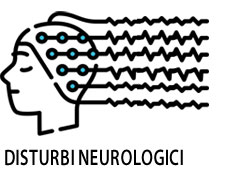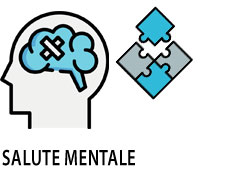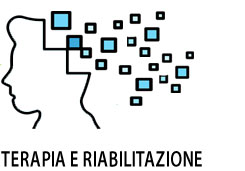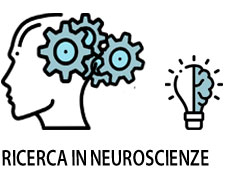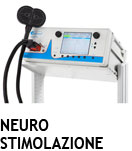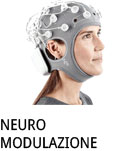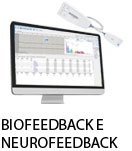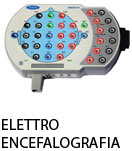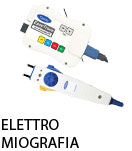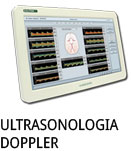- +39 011 5821948
- info@geasoluzioni.it
- Lun - Ven 8:00 - 17:30
Efficacy of high-frequency (15 Hz) repetitive transcranial magnetic stimulation (rTMS) of the left premotor cortex/dorsolateral prefrontal cortex in decreasing cocaine intake (the MagneTox study): A study protocol for a randomized placebo-controlled pilot
- Abstract:
- Background Cocaine use disorder (CUD) is very common and has psychological and physical consequences. Patients with CUD present hypoactivity of the prefrontal cortical area. Thus, excitatory repetitive transcranial magnetic stimulation (rTMS) targeting the premotor cortex/dorsolateral prefrontal cortex (PMC/DLPFC), given its ability to increase prefrontal area excitability and to modulate cortico-limbic activity, could result in a decrease in cocaine intake. Methods We designed a protocol for a monocentric, randomized, double-blind, placebo-controlled, parallel-group pilot trial, with the principal aim of assessing the efficacy of rTMS on the reduction of cocaine intake. Patients with CUD will be recruited according to inclusion and exclusion criteria, and then randomized to undergo active or sham rTMS. Our rTMS protocol will consist of 15 days of 15 Hz rTMS targeting the left PMC/DLPFC. Toxicological and psychiatric assessments, urine drug tests, the Cocaine Craving Questionnaire (CCQ) and the Visual Analogic Scale (VAS) will be used to assess changes from baseline in cocaine intake and craving, mood and quality of life. Discussion Only a few studies have evaluated the efficacy of rTMS for CUD treatment in humans, with limitations concerning small sample size, short treatment duration, different rTMS protocols and the absence of a placebo-controlled group. Our study will attempt to overcome these shortcomings and will provide data that can be used for future larger studies of non-invasive left PMC/DLPFC stimulation as a treatment for CUD.
- Patologie/Applicazioni:
- Anno:
- 2018
- Tipo di pubblicazione:
- Articolo
- Parola chiave:
- stimolazione magnetica transcranica; DLPFC; cocaina; dipendenze; randomized study; double blind study; CUD; Craving
- Testata scientifica:
- Neurophysiologie Clinique
- Nota:
- Protocollo randomizzato, double blinded, per il trattamento rTMS applicato alla frequenza di 15 Hz per 15 giorni sull'area dorsolaterale prefrontale in pazienti affetti da CUD (cocaine use disorders).
- DOI:
- doi.org/10.1016/j.neucli.2018.10.002
Hits: 2232
La nostra storia
GEA soluzioni si affaccia nel 2013 al mercato della strumentazione medicale di alto livello tecnologico ma la sua storia parte da più lontano, clicca qui per approfondire.
GEA SOLUZIONI SRL
via Issiglio 95/10, Torino
Tel.: 011 5821948 / 011 4463853
Fax: 011 0433281
Email: info @ geasoluzioni.it
P. IVA IT11696920013
REA TO1233648

